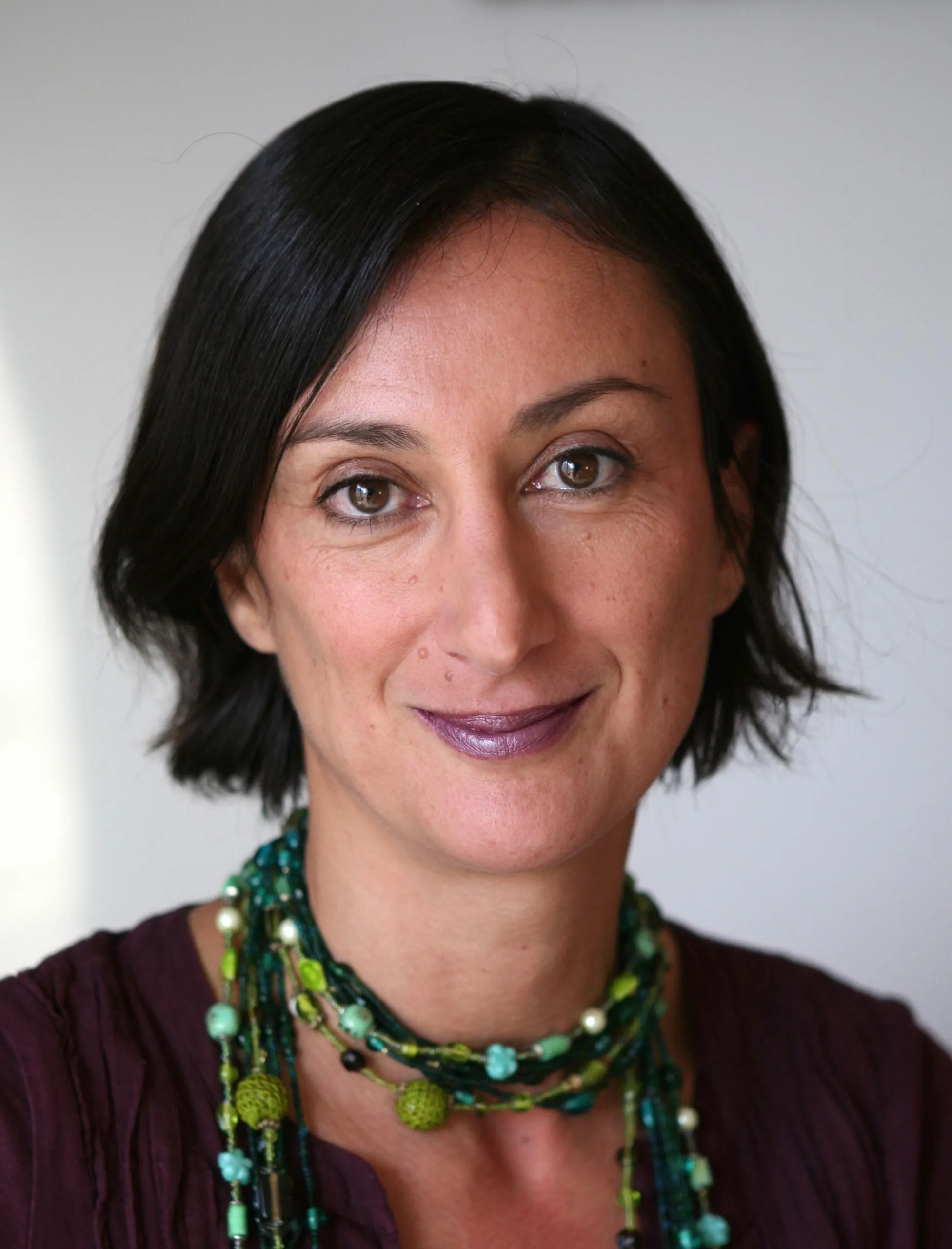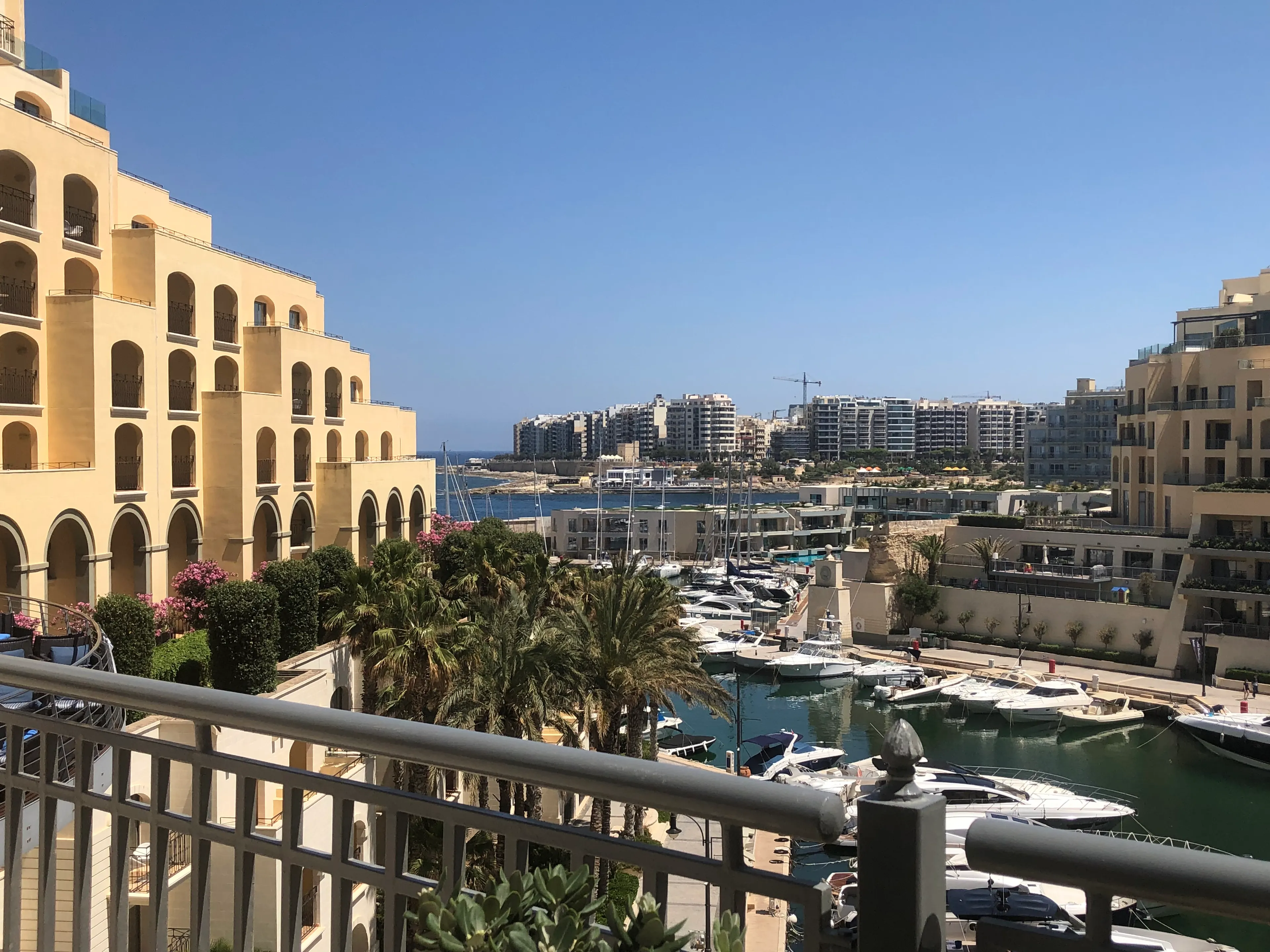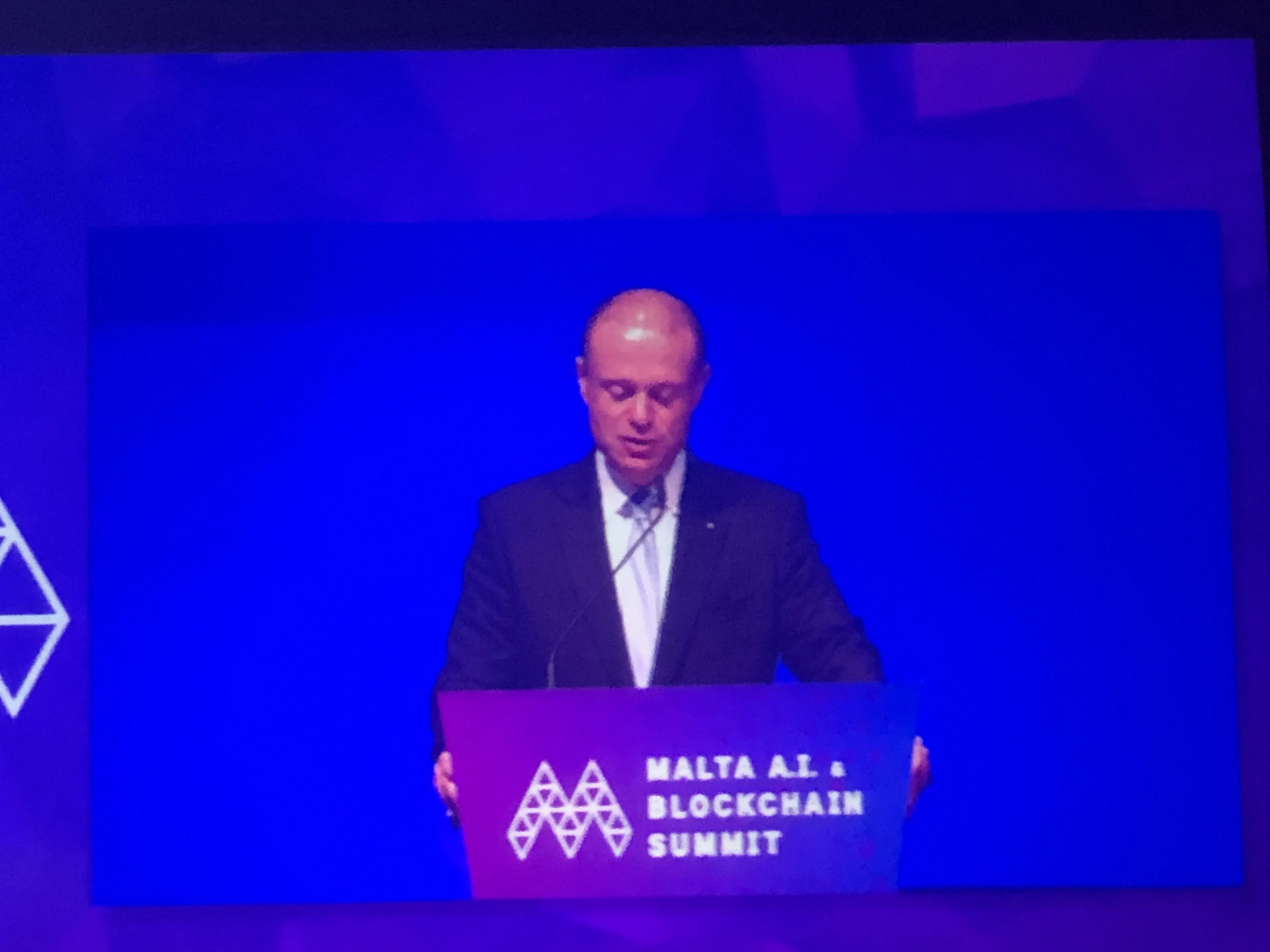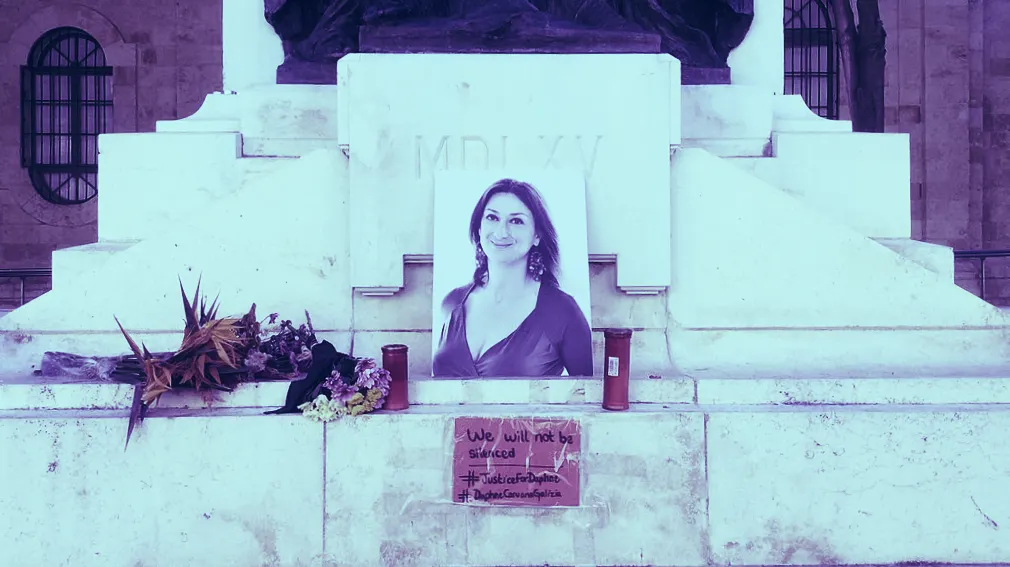Late on an October afternoon in 2017, journalist Daphne Caruana Galizia, 53, decided to drive to her bank in Malta. As her Peugeot neared the crest of a small hill just outside her village, a bomb placed under the seat exploded, killing the married, mother of three, and turning her car into a fireball that rained down on a nearby field.
Her son, Matthew, heard the explosion and was one of the first on the scene. Later, he described finding parts of his mother, and the Peugeot, littering the ground.
Caruana Galizia was Malta’s leading investigative journalist, a well-informed political blogger, and consistent thorn in the side of the country’s most prominent politicians and business leaders.
She frequently accused Government officials of corruption and railed against the economic policies being pushed through parliament. And she was also very much opposed to the country’s proposed cryptocurrency legislation, which was considered by some to be the most forward-looking in the world. To Caruana Galizia, the crypto laws were yet another opportunity for money laundering and even more corruption in a country that has historically been known for such shenanigans.

Welcome to Blockchain Island. Malta isn’t exactly emerging as the civilized, sensible crypto capital of the world its architects had envisioned.
Still, though critics say it’s the worst possible face of crypto—the McAfee of crypto countries, as it were—Malta is desperate to convince the rest of the world that it can be a trusted partner, a stable and legitimate financial hub. Despite the scrutiny unleashed by Caruana Galizia’s murder, the tiny island still has enormous ambitions to become one of the richest countries in Europe.
And it’s pinning those hopes on becoming the financial center of the world, for digital money.
The rise of Blockchain Island
The Republic of Malta, which won its independence from the UK in 1964 and is now a member of the European Union, sits in the middle of the Mediterranean Ocean off the southern tip of Italy’s “boot.” That strategic vantage point made it a target of virtually every power during the rise of western civilization; starting in 4000 BC, it was invaded and occupied by the Phoenicians, Greeks, Romans, Arabs, French and British, among others.
More recently, with the rise of globalism and the easier flow of money between nations, companies and sovereign individuals, Malta’s relaxed financial environment made it a magnet for tax evasion and money laundering.

Its first moves into cryptocurrency were largely experimental. But by March of last year, even the island’s lawyers were jumping into the crypto bubble and tokenizing themselves.
Did you know?
Malta is the smallest country in the European Union.
Headline-grabbing crypto legislation followed in July 2018, designed to provide the first regulatory framework for distributed-ledger technologies and cement Malta’s image as a blockchain/crypto friendly island. The legislation sets out four categories of financial assets: electronic money, financial instruments, virtual tokens, and virtual financial assets. And it provides a fairly detailed way of creating a path to legitimacy for all things crypto.
A crypto friendly place
Generally speaking, the island offers companies low tax rates, an accommodating administration and plenty of shiny, new office space. For a million bucks or so, a Maltese passport can be arranged too, providing visa-free access to approximately 170 countries.
That, plus its liberal attitude toward financial regulation, an educated workforce—and its distance from the long arm of U.S. regulators—has proven irresistible to many crypto companies. Gambling accounts for around 11 percent of Malta’s GDP and the fact that transactions can be made in crypto can’t hurt, either.
Politicians and other entrepreneurs are a phone call away. It’s very easy to get things done in Malta
—Eman Pulis
Already, a number of Asian blockchain startups have moved to Malta, including crypto exchanges Binance and OKCoin. BitBay relocated from Poland and ZebPay from India. They hope to benefit from the regulatory clarity Malta’s legislation affords, while the status of cryptocurrencies in the European Union is still uncertain.
A gold standard
It’s relatively simple to get a crypto company off the ground here. “Within one week you can register a company in Malta,” claims Beatrice Collet who heads up Malta’s Chillz blockchain campus, a crypto startup incubator and coworking space, in the city of Gzira. She said its office space is almost at capacity, with 150 of 200 desks occupied.
But once registered, the road to government approval becomes trickier.

Malta set up a series of checks for crypto companies, to appease European regulations. The island’s independent financial services authority, the Malta Financial Services Authority will issue crypto companies a temporary license. But after that, the process becomes somewhat trickier.
After receiving its preliminary license, a crypto company must appoint a so-called “Virtual Financial Asset” agent, who acts as a kind of sherpa through the rest of the licensing process.
Malta is like a modern-day pirate haven, empowered with technology.
—Matthew Caruana Galizia
These agents are registered with the Financial Authority, and are employed by the crypto startup to guide it through the final licensing procedure. The agents to ensure that license applicants meet KYC and AML criteria.
“Licenses will not be something that is automatic, they will not be given out easily, it is a very robust process. We are after quality, not quantity. We want to have an impact,” said one such VFA agent, Ian Gauci. Gauci co-founded the Caledo agency, which provides legal, technical and other services for crypto clients to help them obtain a license.
“We’re hoping to be the gold standard worldwide,” added his partner, Abdalla Kablan.
The Caledo agency has received 60 applications from crypto companies since November 2018. Of these, they expect to submit as many as 40 to the government for final licensing.
So far, Malta hasn’t given its final approval to a single license.
A heartfelt plea
Last month, Malta played host to more than 5000 delegates for its AI and Blockchain Summit, which tried to build on the success of 2018’s conference when Malta’s groundbreaking, new legislation was launched, pivoting Malta to crypto-state stardom.
But there was little to announce at the affair, though the speakers included crypto influencers Roger Ver and Brock Pierce and Maltese Prime Minister, Joseph Muscat, the man behind many of Malta’s liberal policies. There were plenty of dinners and networking opportunities as well as a 100-strong startup village and a blockchain cruise.
The ministerial speeches were largely designed to placate the business community. The speech of Silvio Schembri, Parliamentary Secretary for Digital Innovation, contained “a heartfelt plea” to the banking world, to look favorably on Maltese crypto firms.
Notably, Malta, does not have one bank willing to serve its crypto community.

And that has proved a dealbreaker, for many interested in setting up in Malta. Richard Kastelein, founder of crypto consulting firm, Token Agency and editor of Blockchain News, said the lack of banking facilities, degree of corruption and the murder of Caruana Galizia were all factors that dissuaded him from moving his business there.
Pirate haven
Still, Malta has intensified its tech and business-friendly policies. It’s laid out a welcome mat for companies involved in cannabis cultivation for medicinal purposes, and a summit is planned (back to back with the next AIBC in November.) And there are consultations underway for a draft law to give legal identity to DAOs and quite possibly AI’s.
“I would go as far as to say that Malta is the Silicon Valley of the Mediterranean. A startup in Malta has a very strong chance of making it because politicians and other entrepreneurs are a phone call away. It’s very easy to get things done in Malta,” said Eman Pulis, organizer of Malta’s Blockchain Summit events, Malta’s premier crypto conference.
Richard Scaife, who’s working on Cobidol—a blockchain/medicinal cannabis startup, agreed: “It’s a very supportive environment. You have very senior government officials who are sitting down with startups and seeing how they can help.”
“We’ve found an incredible amount of people to do business with,” Scaife added. “We’ve ended up with tier-one relationships.
Yet those same governmental policies have raised some alarm both internationally and nearer to home.
“Malta is like a modern-day pirate haven, empowered with technology,” Caruana Galizia’s son, Matthew—an investigative journalist himself—told Decrypt. He added that the system of governmental patronage and the clan-based networks that rule have more in common with organized crime in Russia than any country in Europe.
Together with his lawyer father, he is engaged in fighting the judicial harassment and intimidation to which he said journalists are routinely subjected on the island, and contesting the dozens of active lawsuits filed against his mother, largely by government officials. He’s given up his job to do this. “We have no choice,” he said.
Caruana Galizia’s allegations were far-reaching. In the Panama Papers, she alleged that two of Prime Minister Muscat’s closest aides had established companies in Panama and accused them and Muscat’s wife of using those businesses to launder money from kickbacks she said they’d received for helping to arrange the sales of passports to Russian nationals.
A Maltese inquiry has since declared that there was no irregularity.
The journalist also alleged that the first lady had received at least $1 million from Azerbaijan’s ruling family, and was investigating ties between Malta’s online gaming industry and the Italian mafia, which are now subject to international scrutiny.

However, there’s been no shortage of decrees from the International Monetary Fund earlier this year, and the EU’s regulatory body, the European Commission, that Malta needs to clean up its anti-money laundering policing to match the growth in financial services. Failing to act, could affect Malta’s business prospects, said the Commission’s report.
An unsolved murder
Though three men were charged with Caruana Galizia’s murder and are in jail, unless indicted within the next 50 days, they will be released on bail. The mastermind behind the murder, who has yet to be identified by police, is believed to be at large.
“There were really only a handful of people that my mother consistently investigated,” Matthew Carunana Galizia said recently. “All of them are high-level government officials or business people who are their associates, and depend on them for patronage.” He believes that among this group are the people responsible for his mother’s murder.
Though the Council of Europe and other independent agencies, concluded the investigation of the murder was ineffective, the Maltese government has consistently denied any allegation of wrongdoing or complicity in the crime.
“Malta is a country where crime and corruption is flourishing. This is something that is undeniable,” said Matthew Carunana Galizia. “It’s a paradise for money laundering. It presents the opportunity of a stable administration, but with but weak oversight.”
Malta’s liberal economic policies have propelled it to prime position among Europe’s highest growing economies—its economy has grown at a rate three times greater than the rest of Europe. But is the prize worth the price?

